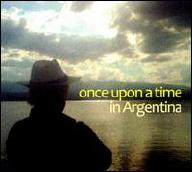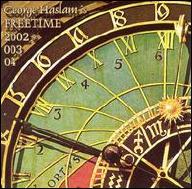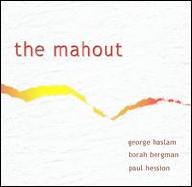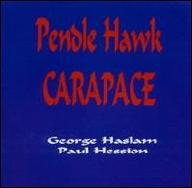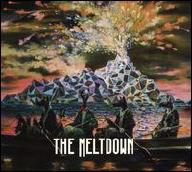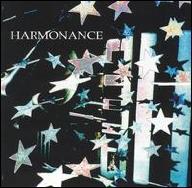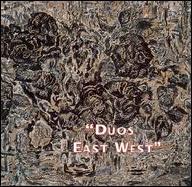Born on February 22, 1939 in Preston, Lancashire, George Haslam is for the most part self-taught on the saxophone. He began to play in dance and jazz bands at an early age, learning on the job. His main influences were Lester Young, Gerry Mulligan, and Jimmy Guiffre. At the end of the 1960s he started to include free jazz and improvisation in his methods of expression, exploring extended techniques similar to Evan Parker's without abandoning mainstream jazz altogether. He hooked up with the London Free Improv movement, performing but not recording. In the early 1980s he put together his first notable group, The Siger Band, with Rutherford, Pete McPhail, Tony Moore, and Nigel Morris (later replaced by Hession). During this period Haslam toured extensively in Eastern Europe, with and without his group. Live in Hungary by the Siger Band, released on Spotlite in 1984, was his first album.
In 1986 Haslam performed in Mexico and led the first British jazz group to play in Cuba. Four years later he became the first British jazzman to play in Argentina. This was the beginning of a love story with South America, particularly Argentina where he continues to go back each year. He has performed with legends like Arturo Sandoval and Charlie Mariano. In 1989 he put together the record label Slam which remains to this day his main musical outlet. Created to release his own material, the label has also documented the works of Steve Lacy and Mal Waldron, and has introduced a handful of Argentinian musicians to European ears. Slam's first release consisted of a set of duets with Rutherford titled 1989 And All That. Solo albums and collaborations with Rutherford, Lol Coxhill, Laszlo Gardony, Ruben Ferrero, Evan Parker and many more followed.
In 1992 Haslam formed the British Saxophone Quartet (with Paul Dunmall, Elton Dean, and Simon Picard). Five years later he started Meltdown, a workshop creative orchestra which recorded its first album in 2001, the same year his Anglo-Argentine Jazz Quartet toured England and Argentina, yielding the album Live at the Red Rose. ~ François Couture, Rovi


